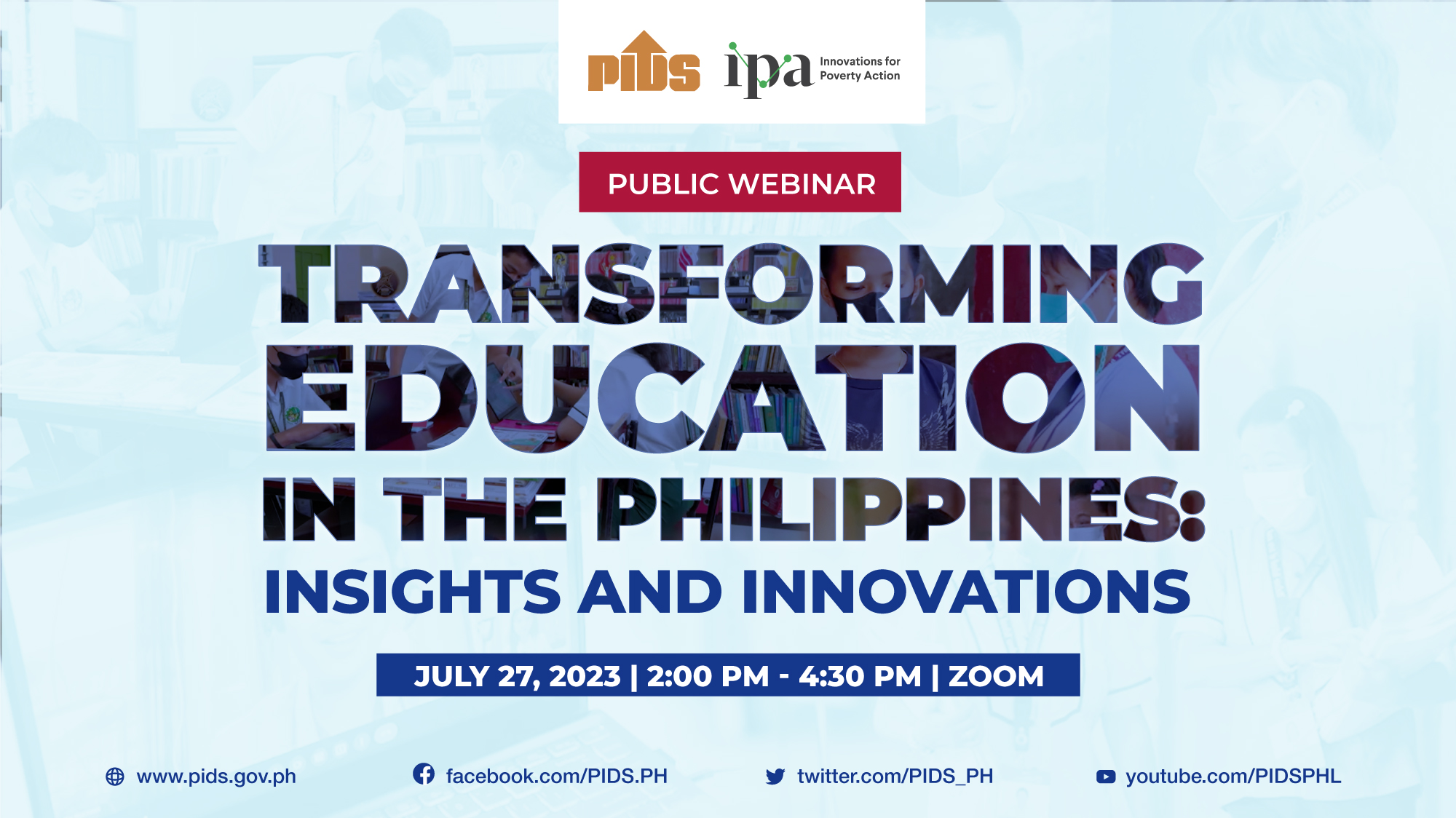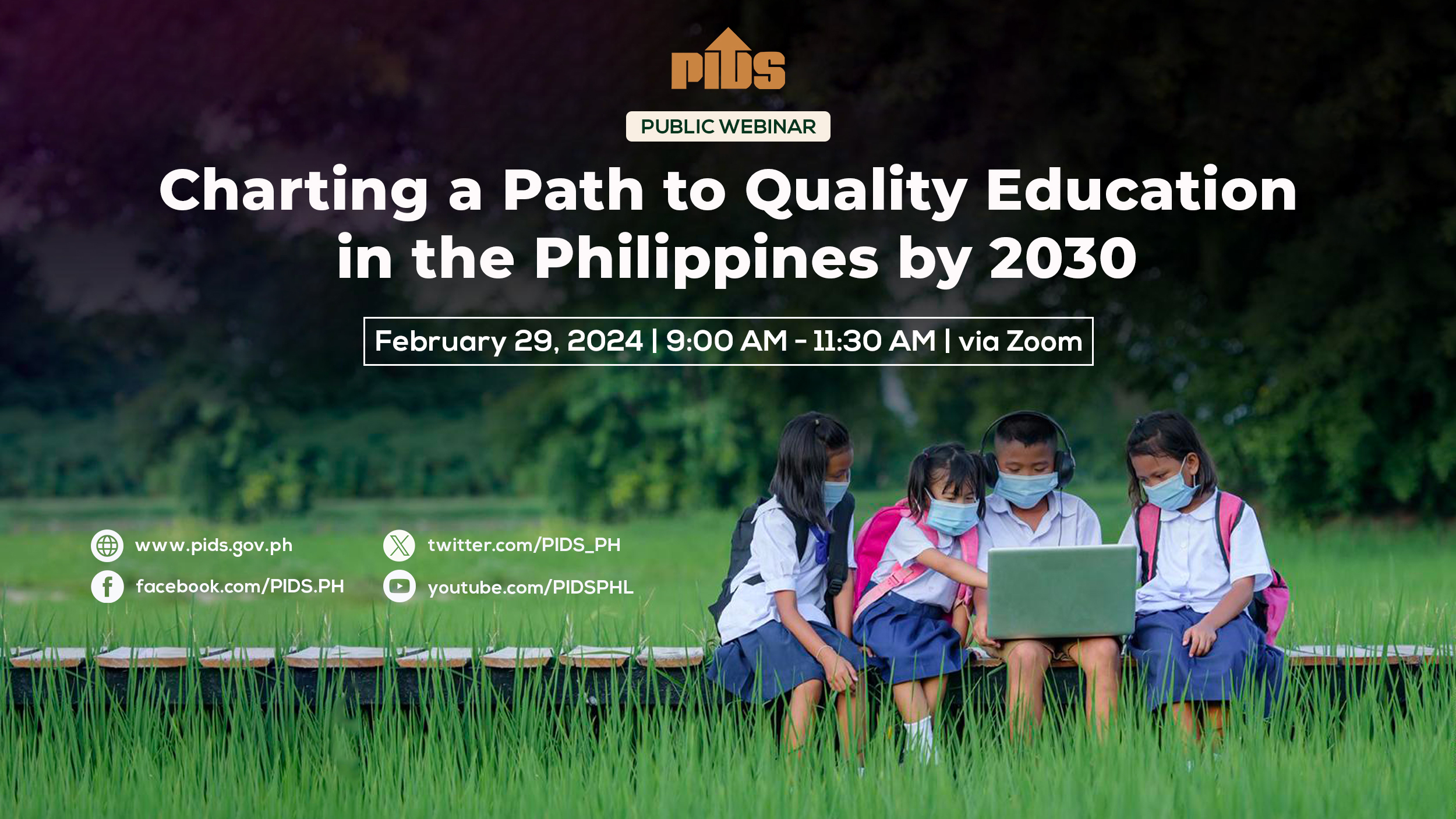MANILA, Philippines — Filipino advocacy group Tanggol Wika urged president-elect Ferdinand "Bongbong" Marcos Jr. to rethink the policy of using English as the sole medium of instruction in basic education.
In a statement posted on June 21, the group said that the incoming administration’s plans to review the K to 12 curriculum’s content would be “useless” if the “illogical policy” of using English to teach subjects like Science and Math would continue.
This comes after Marcos during a press conference on June 20 said that he and incoming Education Secretary and Vice President-elect Sara Duterte have discussed reviewing the K to 12 program.
“Without getting into too much detail about what the plans are, ang pinag-usapan lang namin basta’t pagandahin. There was also the question of when we start to teach in English, when we move from the lingua franca to English,” Marcos said during the press conference.
Marcos added: “Yung K to 12, kung kailangan ba talaga yung K to 12?” But he did not specify which aspect of the program he was referring to.
Filipino students’ learning competencies on the line
The advocacy group, which has campaigned to bring back Filipino and Panitikan as core subjects in college and university, cited Filipino students’ low performance in international assessments as a result of using English to teach subjects in basic education.
It cited the 2018 results of the Programme for International Student Assessment (PISA), which found that 15-year-old students in the Philippines scored lower in reading, mathematics and science than those in most of the 79 participating countries.
According to the report, at least nine out of ten or some 94% of 15-year-old students in the Philippines often speak a different language than English, the usual test language, at home. This was the second-highest percentage among the participating countries.
“Other than insufficient funds for public education, the government’s perennial obsession with the forced use of English in education it to blame for the current mess we are in,” the group added.
The group said that Marcos’ plan to “double down” rather than “progressively supplanting” the use of English as the primary mode of instruction should be “shelved out” to improve the quality of education in the country.
K to 12’s language-in-education policies
Students are taught in their mother tongue for all subjects, except Filipino and English, from Kindergarten to Grade 3 as part of the Mother Tongue-Based-Multilingual Education (MTB-MLE) in K to 12. Afterward or starting Grade 4, English is used as the primary medium of instruction.
The logic behind this, according to the website for K to 12 program, is that students who begin studying core subjects in their first language could also “serve as the foundation for [them] to learn Filipino and English easily.”
In a 2019 study, the state think tank Philippine Institute for Development Studies found that MTB-MLE’s implementation has largely been faulty. It pointed to problems such as linguistic diversity in the classroom with some students knowing more than one mother tongue, as well as procurement and funding issues of learning materials.
K to 12 review: Where we’re at
The advocacy group welcomed pronouncements from the incoming president and vice president-elect to review the K to 12 program, which it called “long overdue.”
The Department of Education has previously announced that it would review the implementation of the MTB-MLE, but not the use of English as the sole medium of instruction in basic education.
Sen. Sherwin Gatchalian, who leads the Senate Committee on Basic Education, Arts and Culture, previously said that Duterte has the “political capital to ensure that much-needed reforms in the education sector—including a review of the K to 12 system—will be implemented.”
Republic Act No. 10533 or the K to 12 law mandates that the DepEd must conduct a “mandatory evaluation and review” of the K to 12 program.












